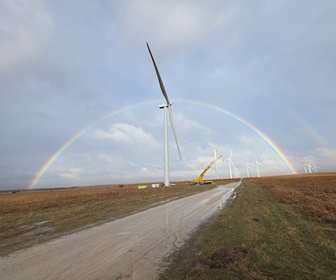The US Senate Finance Committee has released a draft bill proposing significant changes to the federal tax credit framework for clean energy technologies. Under the proposal, tax credits for wind and solar projects would be fully phased out by 2028, while support for hydropower, nuclear and geothermal energy would be extended through 2036.
The Senate draft contrasts with the more restrictive version passed by the House of Representatives. The House version requires projects to begin construction within 60 days of the bill’s enactment and be in service by the end of 2028 to be eligible for tax credits. In contrast, the Senate version allows eligibility to be determined by the year a project begins construction, providing developers with more flexibility and longer lead times.
The Senate proposal also preserves the ability of developers to transfer or sell tax credits to third parties—a mechanism often used to lower financing costs for large-scale renewable energy projects. This provision had been slated for phase-out in the House version of the bill.
The draft legislation is part of the broader Congressional budget reconciliation process and has already drawn criticism from the renewable energy industry. The American Clean Power Association (ACP), which represents wind, solar and battery storage companies, warned that the Senate’s proposed changes could lead to higher electricity costs and job losses.
ACP CEO Jason Grumet stated that the proposal, while improving on some aspects of the House bill, still introduces abrupt shifts that penalise companies operating under existing rules. He cautioned that without more gradual timelines, key sectors—including those involving data centres and advanced technology—could relocate abroad, threatening domestic employment and energy innovation.
As the legislative process continues, negotiations are expected between the two chambers of Congress. Industry groups have signalled a willingness to engage with lawmakers to seek amendments that maintain investment stability, protect jobs and preserve US competitiveness in clean energy sectors.









